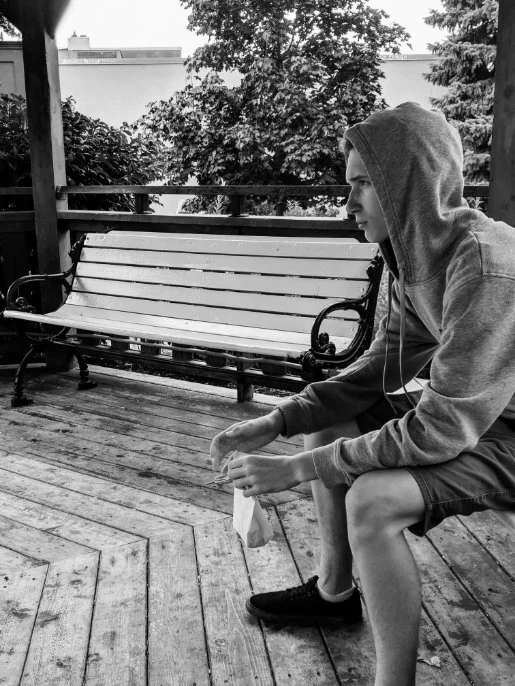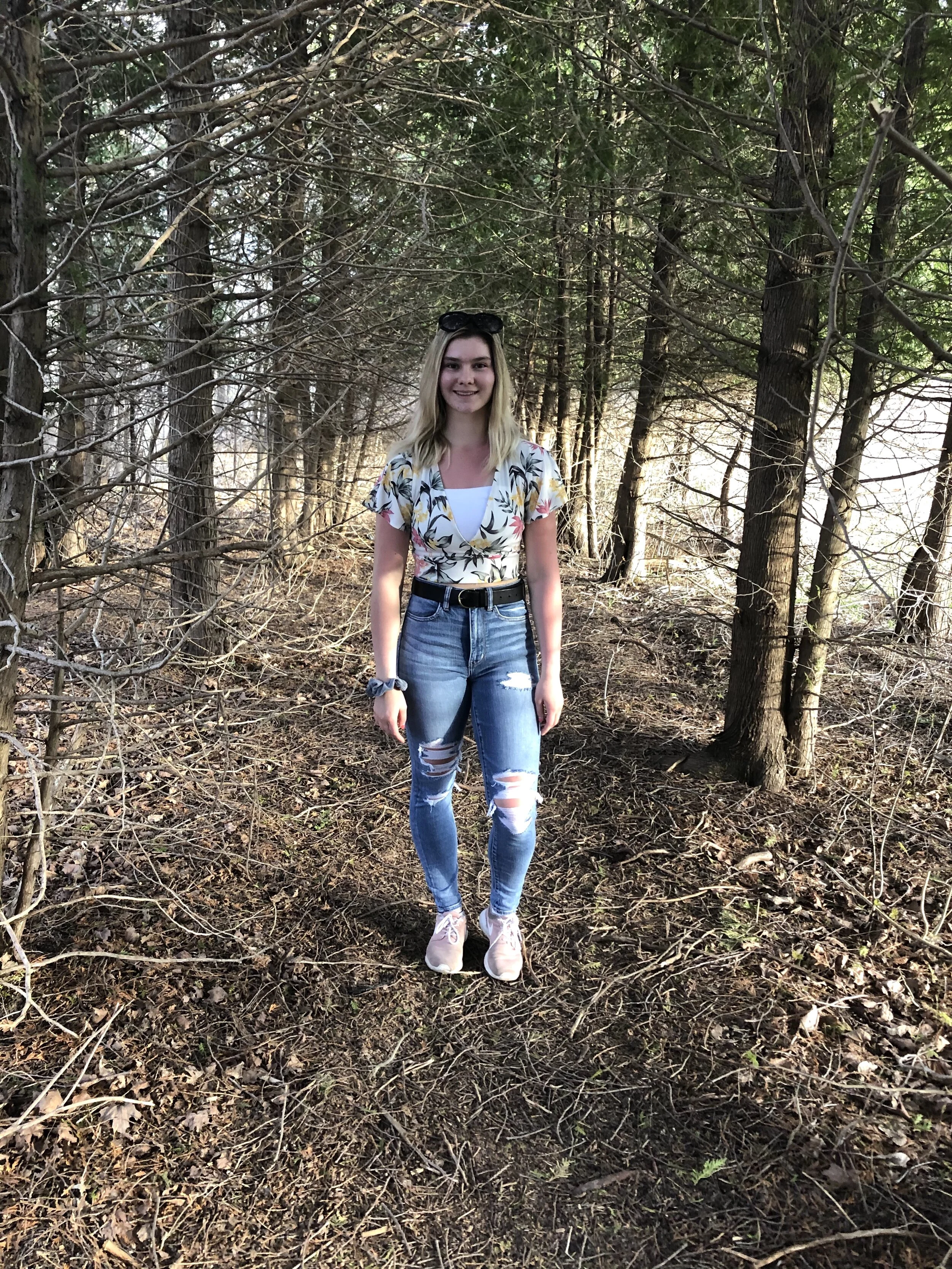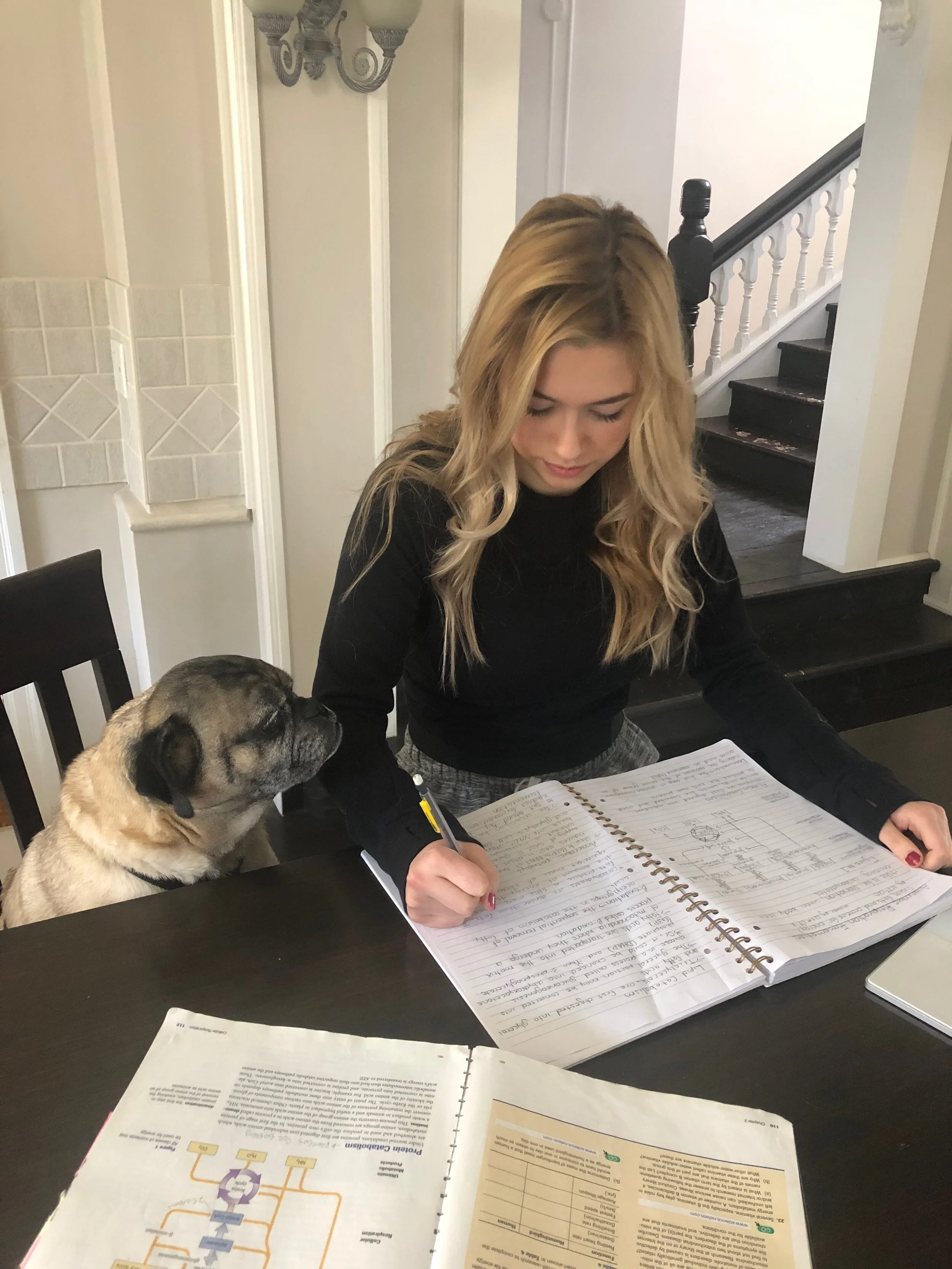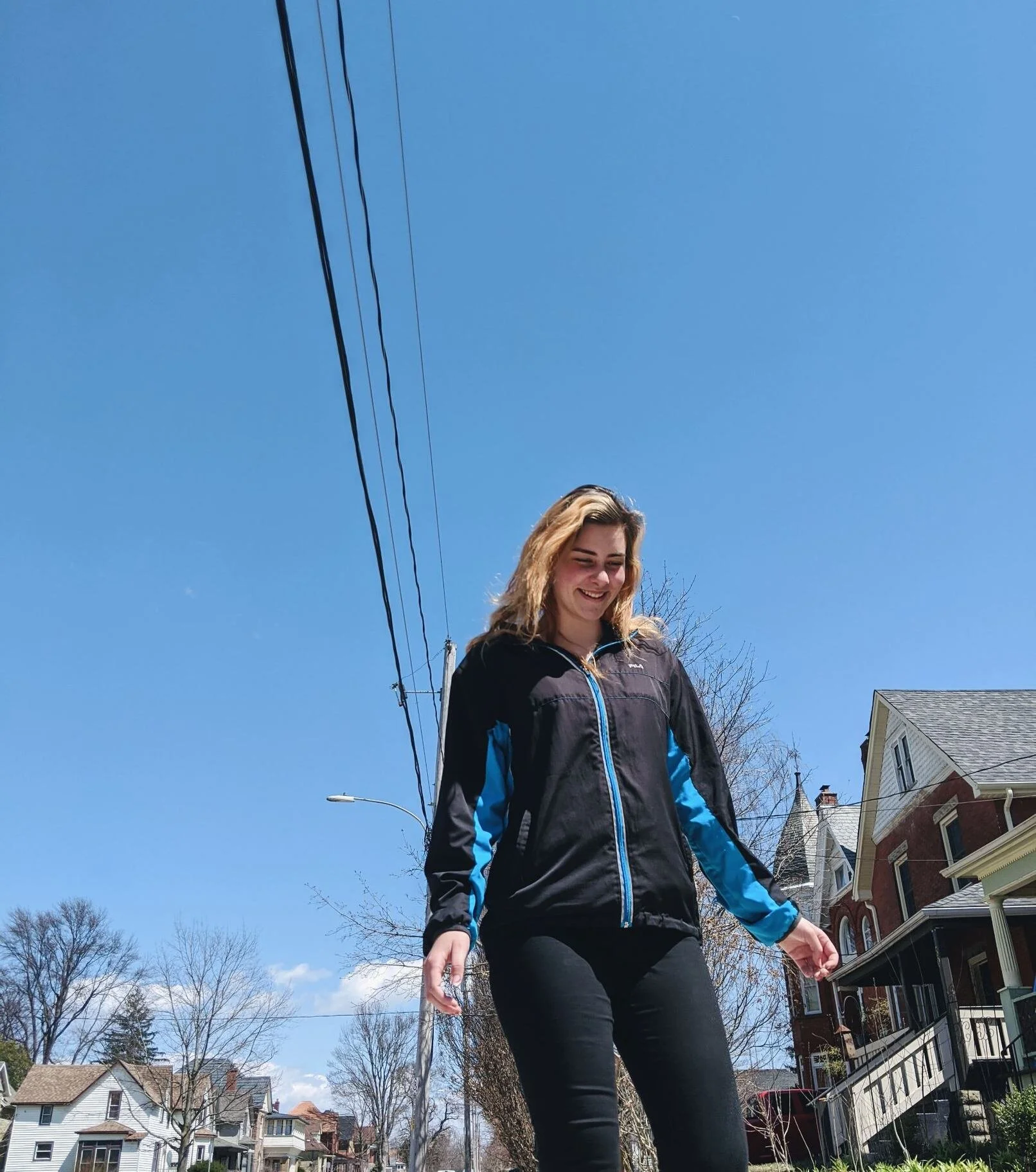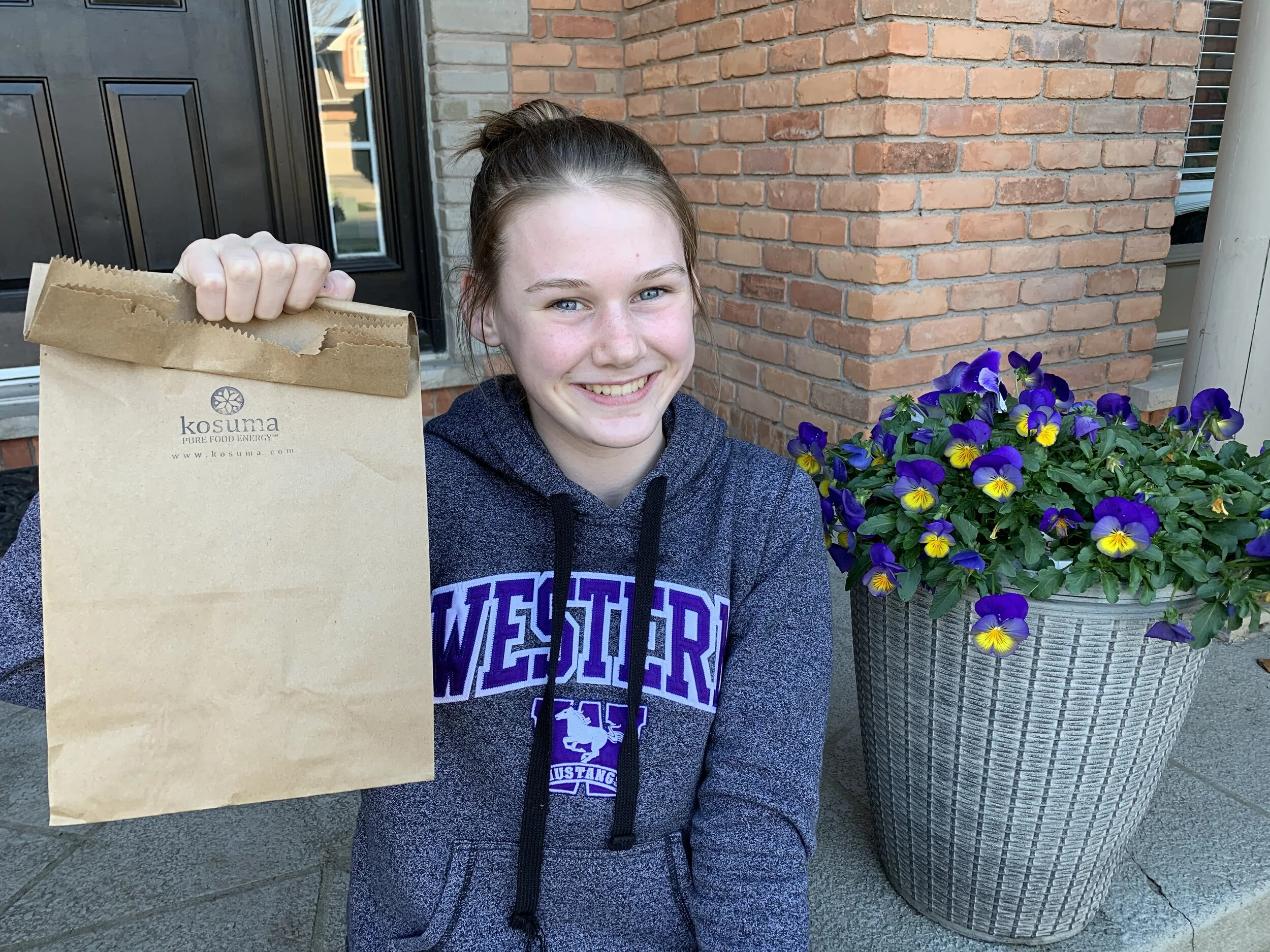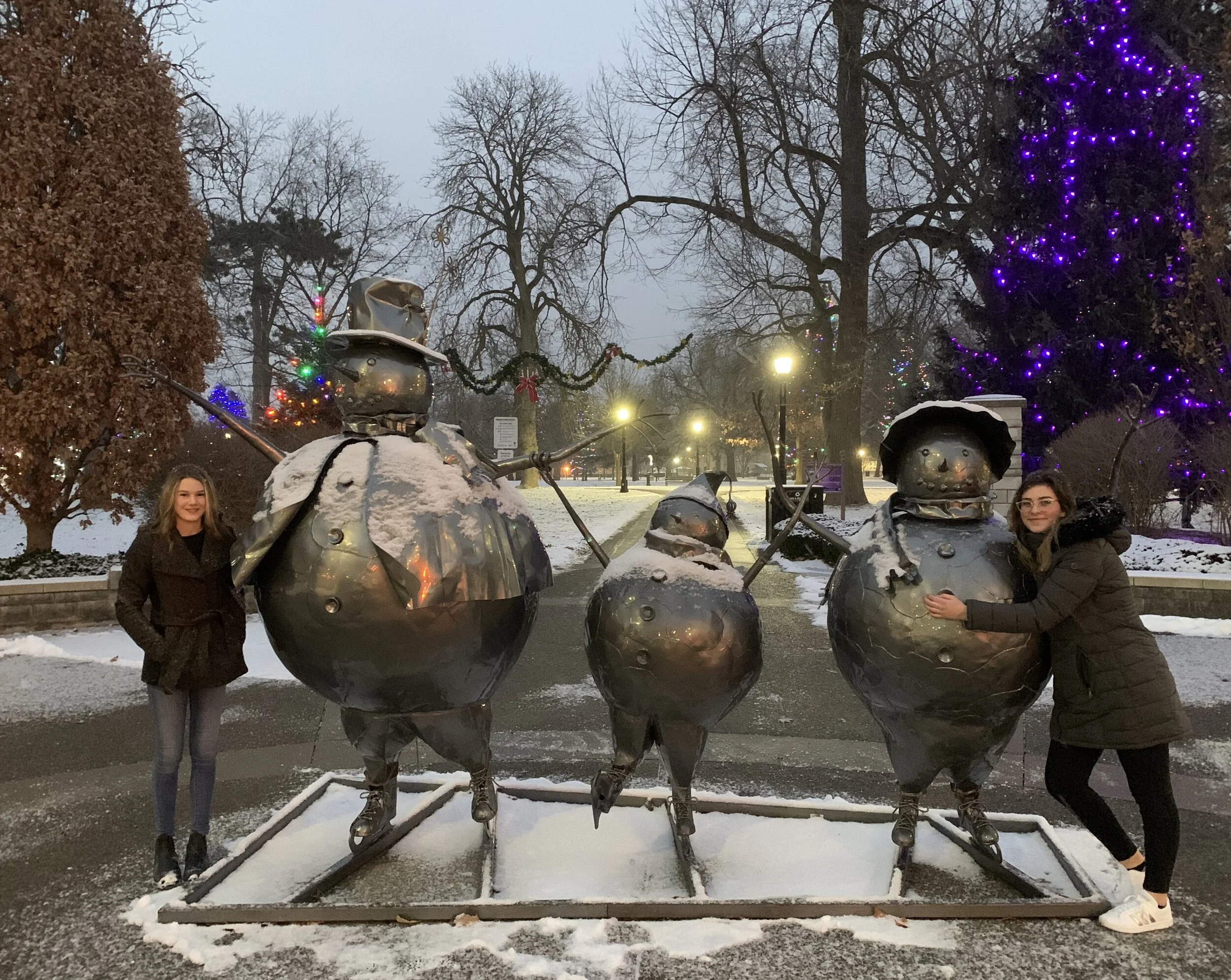The Teenage Perspective on Seniors During COVID-19
Throughout the course of this pandemic, we have noticed the effects on our social lives, relationships, businesses, families and friends. What has the impact been so far on seniors, who contribute so much to our communities as cherished family members, volunteers and donors?
Does this feel familiar? Alex Popen of young & free press took this screen-shot of a FaceTime conversation with his grandparents, Andy & Janis Varga. While we may not be able to visit with friends and family in-person during the pandemic, we are fortunate to have digital platforms, although the experience is not quite the same.
During this time, we understand how crucial it is to maintain physical distancing, wash our hands, and stay inside as much as possible. These things are hard to do as a teenager, but we have social media platforms that allow us to stay in touch with each other and we are very familiar with these outlets. We have Twitter, Instagram, Facebook, Snapchat and more, plus Netflix and other streaming services. How have the elderly been handling this time? It would be a generalization to say that older people do not know how to use social media or Facetime, but this whole situation has forced everyone into using these forms of communication almost exclusively. How can we involve older people to help everyone feel connected?
We have noticed that grocery stores and other essential services have made arrangements to allow seniors to visit at certain times and get what they need without too much hassle. Older people are particularly vulnerable to COVID-19, particularly anyone who has underlying health conditions. I have been checking in with my own grandparents, who live independently, to see how they are doing. “There’s a difference between the elderly living independently and elderly being in long-term care,” my grandma, Janis Varga, told me, noting that there are restrictions on visitors in both cases, but especially in hospitals, long-term care and retirement homes. It is important to consider that some of the worst situations right now are in places that care for seniors, like Anson Place Care Centre in Hagersville, where twenty-seven people have died (as of April 24th). Seventy-one residents and thirty staff members have tested positive for the virus. This is an awful situation. There have been outbreaks elsewhere, too. Imagine being a resident in one of these facilities.
The majority of elderly people participate in social activities like golf, curling, or just going on walks with friends. “Not being able to socialize due to COVID-19 restrictions has put an impact on our day-to-day lives,” my grandma said. “Not the money, not being able to go to work, just the socializing we did before.” I thought that this was really significant. We can manage for a while without some things, but being unable to see our friends may be the toughest part.
Not only has COVID-19 affected how seniors socialize, but the pandemic has changed how they receive information as well. For many, the newspaper and TV are the main ways to get news about the pandemic. The experience of a typical, relaxing face-to-face conversation is unavailable right now. Everything feels awkward. Facetime is great, but not quite the same. Phone calls, dropping off groceries, and having ‘physically distant’ chats are what we have right now to make older relatives and friends not feel forgotten. Without golf or meeting with friends for coffee, everyone has to look elsewhere for entertainment. A lot of older people like watching the news, but basically everything is about the pandemic right now.
The recent Easter weekend was tough. “It’s hard not being able to visit friends and family,” my grandma remarked. “It seems to mean more to the elderly.”
No one knows for sure how long this pandemic could last, or when we might be able to get back to some activities. During these lonely and unpredictable times, we need to remember those who taught us how precious each and every one of us are, and for many of us, those lessons came from our grandparents. We need to think of them now. We need to reach out and make a phone call, send a text or have a conversation from the appropriate ‘physical distance’. It’s hard not being able to visit friends and family, but we need to do the best we can. Stay safe, everyone.
Alex Popen of young & free press with his grandparents, Iva and Paulene Popen. We love the Jamaican flag on the shed! Iva grew up in a small town in Jamaica, and after coming to Canada, he met Paulene.

